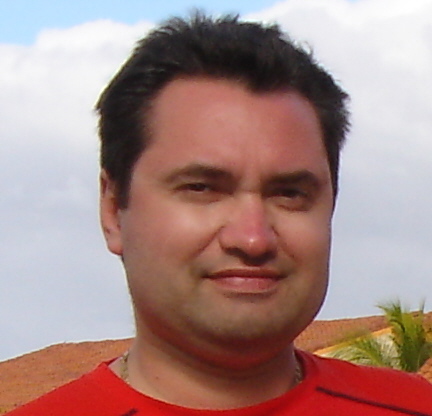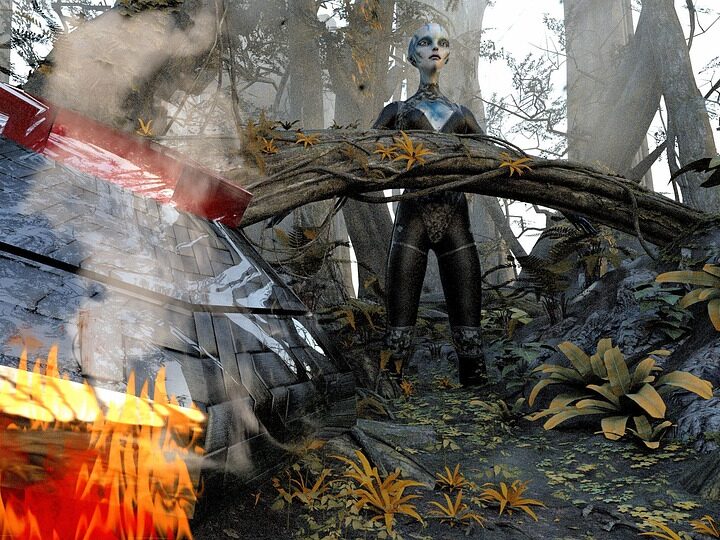
Google recently announced advances in quantum computing by revealing its novel “Willow” quantum chip. According to Hartmut Neven, Google Quantum AI manager, this chip can significantly reduce errors as more qubits are added, solving major challenges in quantum computing such as decoherence.
Google says Willow is a step toward making quantum computers “commercially suitable” because they outperform established computers at some tasks. And as Google claims, these calculations can take place in parallel universes.
Neven highlighted the benchmark at which Willow completed the calculation in less than five minutes – a task that would take the fastest supercomputers 10 septillion years (more than the entire age of the universe).
“Willow performed standard benchmark calculations in less than five minutes, which would take one of today's fastest supercomputers 10 septillions (or 1025) years – a number significantly exceeding the age of the Universe,” explained Hartmut Neven, founder and manager of Google Quantum AI press release.
However, the discussed calculation, which generates a random distribution, has no practical application. Physicist Sabine Hossenfelder pointed out that similar claims were made in 2019 but later questioned.
Despite progress, quantum computers remain impractical for most real-world applications. Google recently announced a $5 million competition aimed at encouraging practical applications of quantum computing. The excitement is tempered by the knowledge that the technology still has a long way to go.
A surprising aspect of Google's announcement was Neven's reference to quantum computing supporting the “multiverse” theory. He suggested that computations could involve parallel universes, an idea related to David Deutsch's concept of “quantum parallelism” in his Many Worlds interpretation of quantum mechanics.
This interpretation assumes that instead of collapsing, the wave function branches out into many universes as it is observed.
Quantum mechanics, the basis of quantum computing, allows particles to exist in superposition – being in multiple states at the same time. Quantum computers use this property, along with patterns of entanglement and interference, to solve complex problems.
However, the Many Worlds interpretation is only one perspective such as the Copenhagen interpretation and hidden variable theories.
Although quantum computers do not depend on a particular interpretation, Neven's comments about the multiverse are speculative. As it stands, there is no evidence that quantum computing occurs in multiple universes.
While Google's achievements in quantum computing are remarkable, they remain a step down the road, and practical use cases and evidence for multiverse interactions are still out of reach.
Image Source: Pixabay.com






